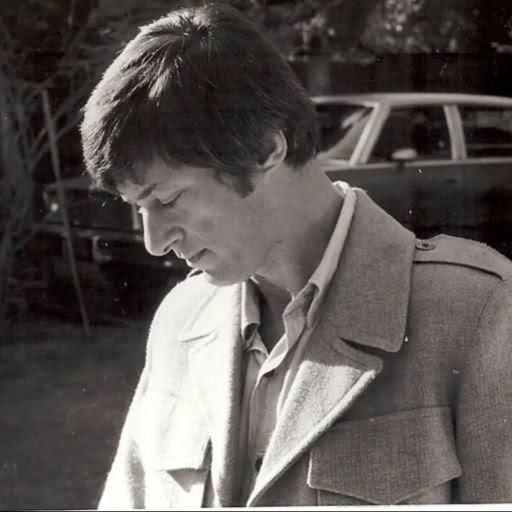
JOSHUA A. HOFFS, M.D. (1933-2024)
By David James Fisher, Ph.D.
Joshua Hoffs, M.D. passed away peacefully at home on Sunday August 4th surrounded by loving family, friends, and colleagues. His death is a significant loss to the psychoanalytic community. As a clincian, he was supportive, kind, insightful, and consistently non-judgmental. Being able to bracket out judgment, Josh functioned as an open-minded and caring analyst, who was available to guide his patients toward fulfillment in their relationships, work, and attitudes about themselves. He did not hesitate to educate and inform as well as deal with unconscious dynamics. Many younger members of the New Center for Psychoanalysis sought out his counsel and his encouragement. His clinical approach emphasized reality-testing and being realistic; he could also be pragmatic when it was appropriate. An anti-authoritarian, he opposed the bureaucratization of psychoanalysis, protesting needless bylaws and restrictions. His was a free and expansive version of psychoanalytic education and practice. A well-traveled and cosmopolitical man, with a deep knowledge of art and himself an accomplished abstract expressionist artist, Josh relished working psychoanalytically with imaginative and artistic patients. He was enamored of Freud and belonged to the tradition of Ego Psychology, where he emphasized the creative and adaptive abilities and aspirations of his patients, supervisees, and students. Brooklyn born, Harvard educated, medically trained at the University of Chicago Medical School, and continually developing and curious, Josh was a medical memberof LAPSI, now renamed the New Center for Psychoanalysis, who was open to innovation, receptive to new ideas about how to heal patients, and welcoming of different perspectives on the mind. Though he longed for psychoanalysis to be rigorously “scientific,” he appreciated the artistic and interactive aspects of the analytic situation. He thought that psychoanalysis would thrive better if it followed a university model which was interdisciplinary and research oriented; he was supportive, friendly, and involved with the Research Psychoanalysts in the community. His best friend for over fifty years was Peter Loewenberg. He took an interest in neuroscience, hoping that it could complement psychoanalytic forms of research and clinical applications. Above all, Josh incarnated a living and healing brand of psychoanalysis, one that was caring, sensitive, and oriented toward helping his patients and students to grow and learn. He was a real Mensch. He will be profoundly missed. He is survived by his wife, Tamara, his daughter Susanna, and his sons John and Jesse. He had five grandchildren. Josh was a Training and Supervising Analyst at the New Center for Psychoanalysis and an Associate Clinical Professor, Department of Psychiatry and Biobehavioral Sciences, at the UCLA Medical School.
J
